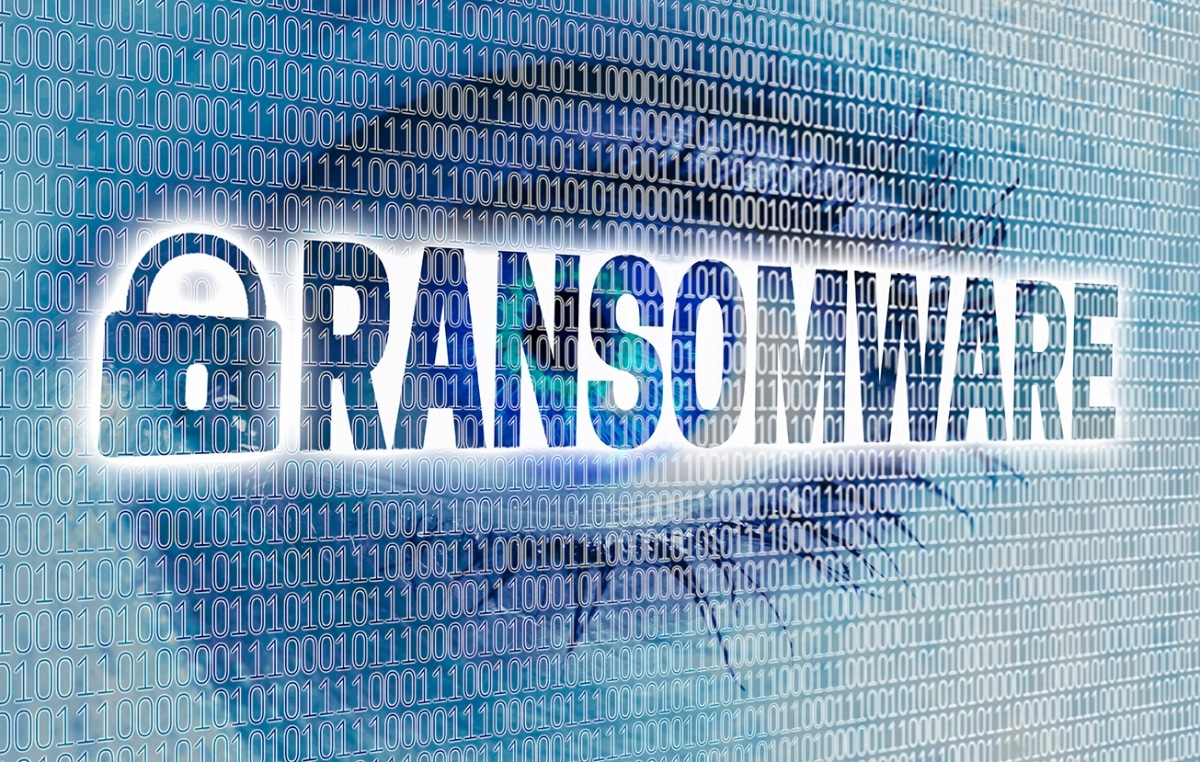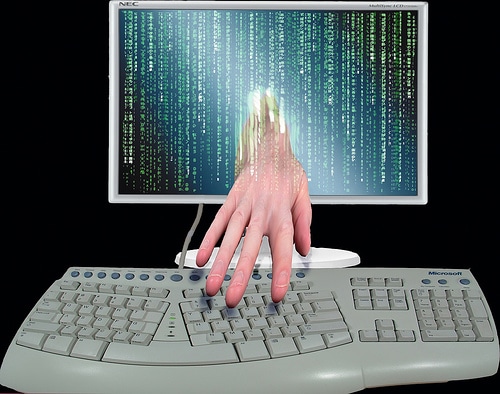Jasmine Birtles
Your money-making expert. Financial journalist, TV and radio personality.


If you’re a business owner – and that includes you if you’re self-employed or you make cash on the side – then you need to be on the lookout for a new way fraudsters are trying to steal your money….fake invoices.
 The scammers will send an invoice pretending to be from a legitimate company with a normal word processing or spreadsheet document attached.
The scammers will send an invoice pretending to be from a legitimate company with a normal word processing or spreadsheet document attached.
However, to open it you will have to enable a macro (a set of pre-programmed instructions for a computer), and this macro will download malicious software onto your computer.
This software will then monitor your internet usage and have access to all your banking details – in fact it can infect the whole of your business network.
Once it has your information it will send it back to the nasty criminals and they’ll help themselves to your hard earned cash.
 Unfortunately fraudsters are getting ever more sophisticated with their schemes, making spotting potential scams considerably harder.
Unfortunately fraudsters are getting ever more sophisticated with their schemes, making spotting potential scams considerably harder.
Scammers will try to use the same email address as a legitimate supplier uses – in some cases fraudsters even pretend to be a manager or colleague in the same business to convince people to open the invoice.
With such sophisticated practices you need to know the latest tips to stay ahead of the criminals.
Thankfully Financial Fraud Action UK have offered the following tips –
 Be on the lookout for unexpected invoices or unusual payment requests, especially those arriving in different file formats to normal.
Be on the lookout for unexpected invoices or unusual payment requests, especially those arriving in different file formats to normal.Katy Worobec, Director of Financial Fraud Action UK, says: “Businesses need to be on their guard – fraudsters will do all they can to trick you into thinking their email is genuine, so always double check.
“Never enable a macro if you’re at all unsure about the authenticity of an invoice and instead call the sender on the number you have on file. If you think your computer system might be infected then contact your bank immediately.”
Have you been a victim of one of these scams? Any more tips on staying safe online? Let us know in the comments section below.


Call me old fashioned, but I keep anything that I do not have to off the internet, and I HATE having to use some things that I cannot avoid doing on the internet. BIG BROTHER IS WATCHING YOU